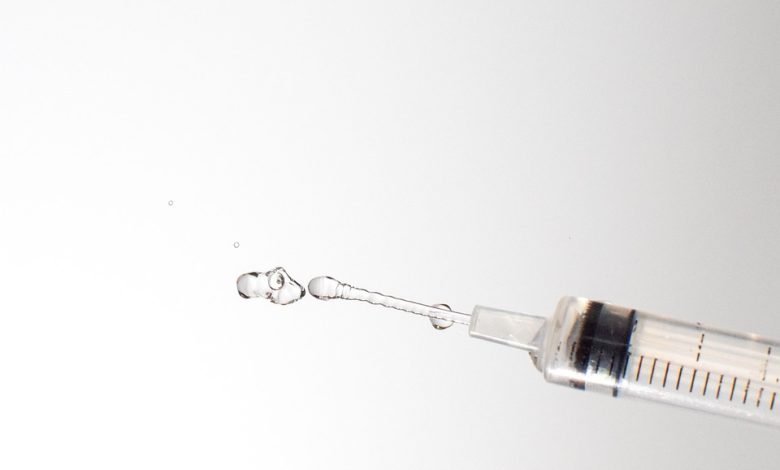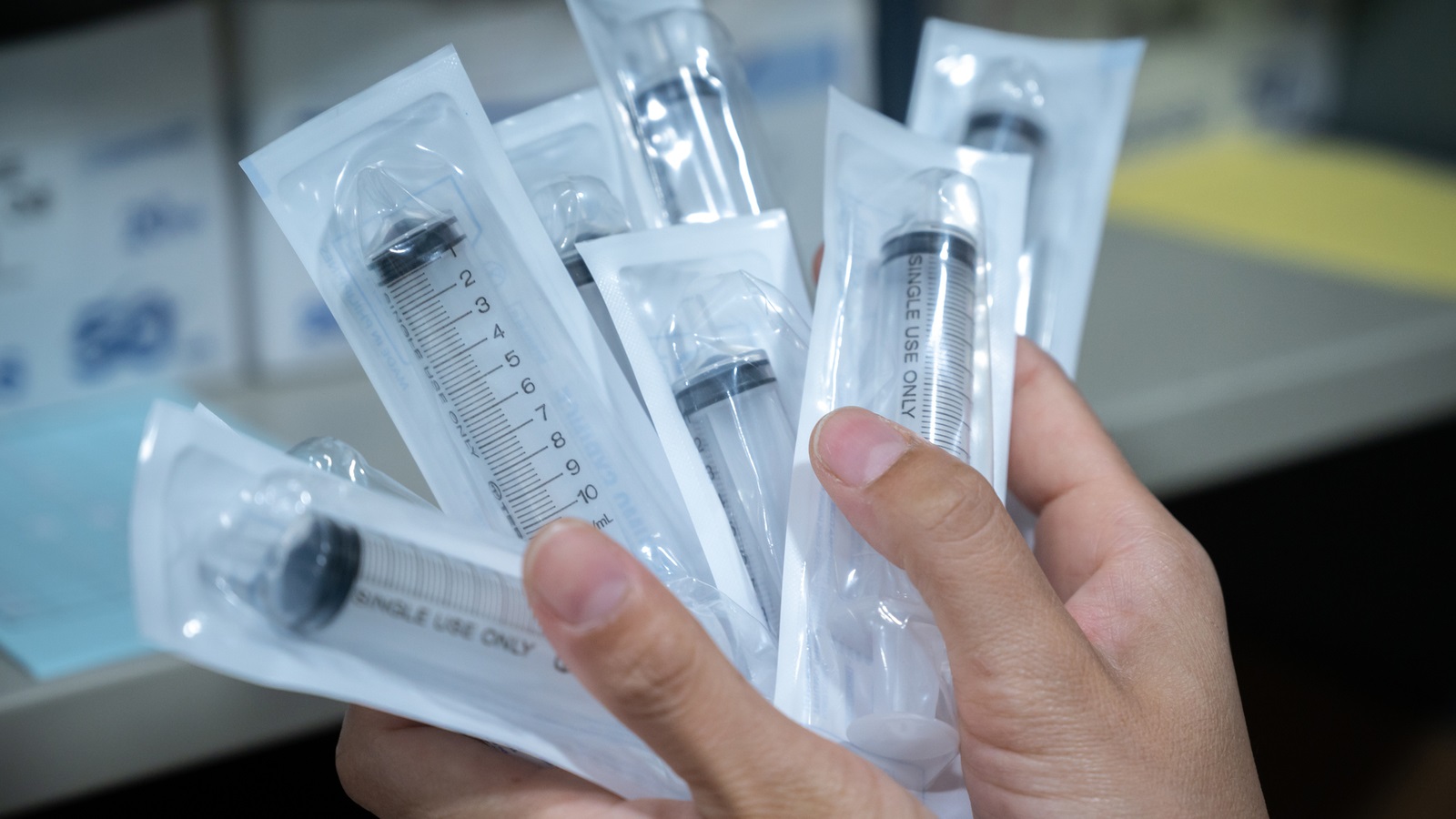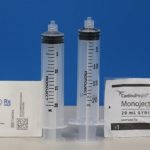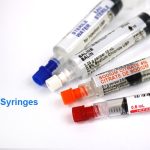The US FDA Is Evaluating Plastic Syringes Made in China for Potential Device Failures

The U.S. Food and Drug Administration (FDA) is informing consumers, healthcare providers, and health care facilities that the FDA is evaluating the potential for device failures (such as leaks, breakage, and other problems) with plastic syringes manufactured in China. The FDA is collecting and analyzing data to evaluate plastic syringes made in China used for injecting fluids into, or withdrawing fluids from, the body. At this time, the issue does not include glass syringes, pre-filled syringes, or syringes used for oral or topical purposes.
The FDA received information about quality issues associated with several Chinese manufacturers of syringes. We are concerned that certain syringes manufactured in China may not provide consistent and adequate quality or performance.
Recommendations for Consumers, Health Care Providers, and Facilities
At this time, while the FDA continues its evaluation of plastic syringes made in China:
- Check the manufacturing location for syringes you use or have in your inventory by reviewing the labeling, outer packaging, or contacting your supplier or group purchasing organization.
- Consider using syringes not manufactured in China, if possible. At this time, glass syringes, pre-filled syringes, or syringes used for oral or topical purposes are not included.
- If you only have syringes manufactured in China, then continue to use them as needed until you are able to use alternative syringes and closely monitor for leaks, breakage, and other problems.
- Report any issues with syringes to the FDA.
Device Description
Generally, a syringe is used to inject fluid into, or withdraw fluid from, the body and can be used in a variety of clinical and home health settings. Some syringes may also be used with infusion pumps to deliver fluids into the body in a controlled manner.

Check the manufacturing location for syringes you use or have in your inventory.
Potential Syringe Failures
To date, the FDA is aware of quality issues from recent syringe recalls, Medical Device Reports (MDRs), and additional complaints about syringes made at various manufacturing sites in China. Quality issues reported have included leaks, breakage, and other problems after manufacturers made changes to the syringe dimensions. These quality issues may affect the performance and safety of the syringes including their ability to deliver the correct dose of medication when used alone or with other medical devices such as infusion pumps.
FDA Actions
The FDA is working with federal partners to further test syringes manufactured in China. The FDA plans to work with manufacturers to ensure adequate corrective actions are taken, and, as necessary, may prevent syringes made in China from entering the United States.
In addition, the FDA will continue monitoring reports of problems with syringes manufactured in China.
We will keep the public informed as additional information becomes available.
Reporting Problems to the FDA
If you think you had a problem with a syringe, or any medical device, the FDA encourages you to report the problem through the MedWatch Voluntary Reporting Form.
Health care personnel employed by facilities that are subject to the FDA’s user facility reporting requirements should follow the reporting procedures established by their facilities.
If you are experiencing supply issues for syringes, or other devices, you may contact the FDA about a medical device supply chain issue. Reporting supply chain issues to the FDA helps inform actions to prevent shortages and protect patient health.
Questions?
If you have questions, email the Division of Industry and Consumer Education (DICE) at DICE@FDA.HHS.GOV or call 800-638-2041 or 301-796-7100.





